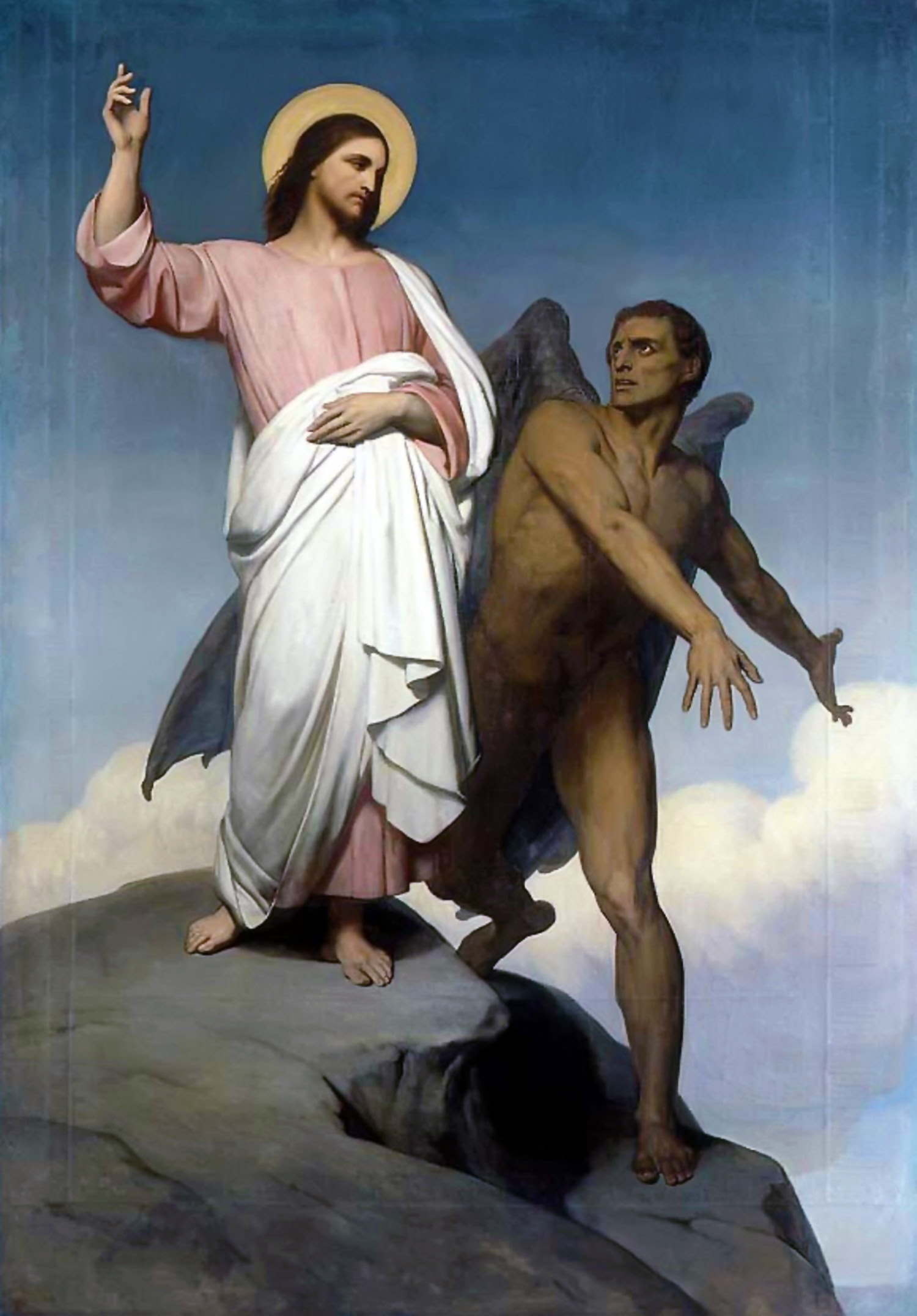 Image by Getty Images via @daylife
Image by Getty Images via @daylife The world of the Church of England ‘Democracy’ is somewhat defective in that it is a rather closed environment. It is closed for a variety of reasons and here are a few I can think of from my observations.
Firstly it is not covered very well by much of the Press. Ordinary people, not least ordinary worshippers do not hear what goes on. The dedicated, and not widely read, publications that do carry General Synod reports are dry and staid in their reporting and thereby not likely to be accessed by most people. Most of the honest and up to the minute reporting goes on online and to a slowly growing audience, and I’m not talking about the C of E website. Do try THINKING ANGLICANS, they are very good.
Secondly, the more local democracy (Diocesan Synods) are not well run, with matters being badly chaired, usually by management. Real opposition to the accepted view is not given much of a voice, if any. In the case of the Anglican Covenant the matter seems to be being presented to many diocese as a matter for endorsement rather than debate!
Thirdly, there is a long accepted acquiescence towards Clergy and particularly senior clergy who are most often given the status of ‘sainthood’ in the minds of the worshippers. It is unfortunate that clergy are viewed in this way as it provides a predisposition to believe what they say and at the very least to give them the benefit of the doubt. Therefore reason may fail in a debate when Archbishops and others demand loyalty.
Democracy demands openness and an active press. So much in the Church of England relies on explicit and implicit secrecy. Opposition is too often painted as disloyalty to clergy and good reporting is not widely read by the constituents. Synod allows this untidy and unsatisfactory position to continue on the whole, but there are a growing number of subversives who are muttering discontent in the restaurants of London and the corridors of York University (summertime).
Mr C







